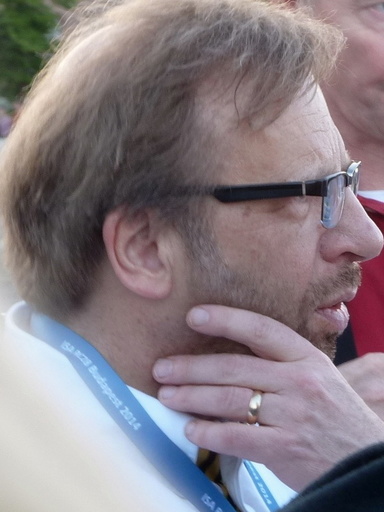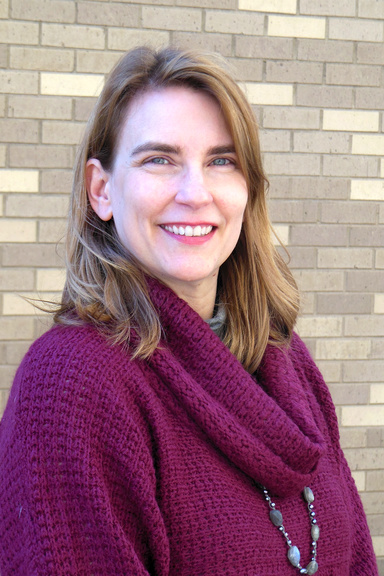Twenty-one University of Iowa researchers are presenting their work or attending the American Sociological Association annual meeting, which runs from Aug. 16 through Aug. 19 in San Francisco. Here are summaries of two studies to be presented at the meeting:

David Bills, associate dean of the UI College of Education, knows most researchers agree younger workers are more likely to be mismatched, in terms of skills and education, with their jobs than are more mature workers. That’s because young people are still developing their careers and looking for jobs more suited to their abilities.
But could the breakneck speed of technological change in recent years be reversing that trend and making older workers, ages 30 to 65, more likely to be mismatched with their jobs?
That’s the question Bills and his co-researchers asked in their study “American Workers in Mid-career: Are They Too Skilled or Not Skilled Enough?”
What they discovered is older workers are no more mismatched than their younger counterparts, a result that surprised Bills.
“It’s not hard to imagine older workers becoming mismatched,” he says.
The study found age made no difference in terms of educational matching or mismatching to a person’s job. However, younger workers were more likely to have their literacy skills and, to a somewhat lesser degree, their numeracy skills under-utilized relative to older workers, Bills says.
The study also found individuals—no matter the age—in lower-skilled jobs were more likely to have their skills under-utilized compared to individuals whose jobs provided them numerous opportunities to learn.

Jennifer Glanville, associate professor of sociology in the College of Liberal Arts and Sciences, takes a new look at generosity. Instead of focusing on what makes individuals volunteer and give to charities, Glanville and her fellow researchers examined how the social capital characteristics—social networks and generalized trust—of a community shape the generosity of its citizens.
What they found is many social ties and a high level of trust among residents increases volunteering and donating to charities in a community.
“People will behave more generously if they live in communities characterized by a high level of trusting social connections,” Glanville says. “For example, we are more likely to participate in a neighborhood cleanup if we trust that our neighbors will participate, too.”
The study “Social Capital and Generosity: A Multilevel Analysis” used the European Social Survey, which provides data on more than 30,000 respondents in 174 regions in 21 countries.